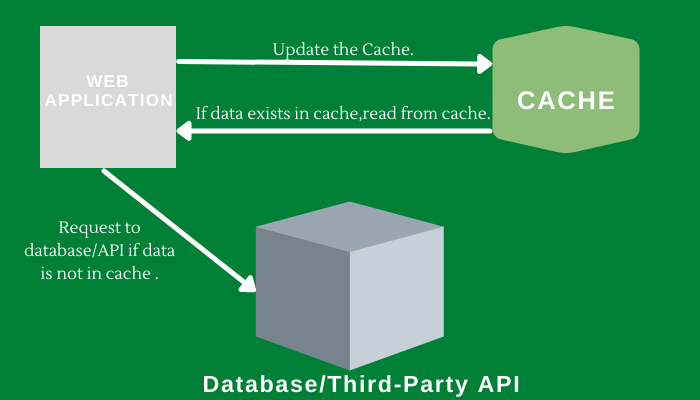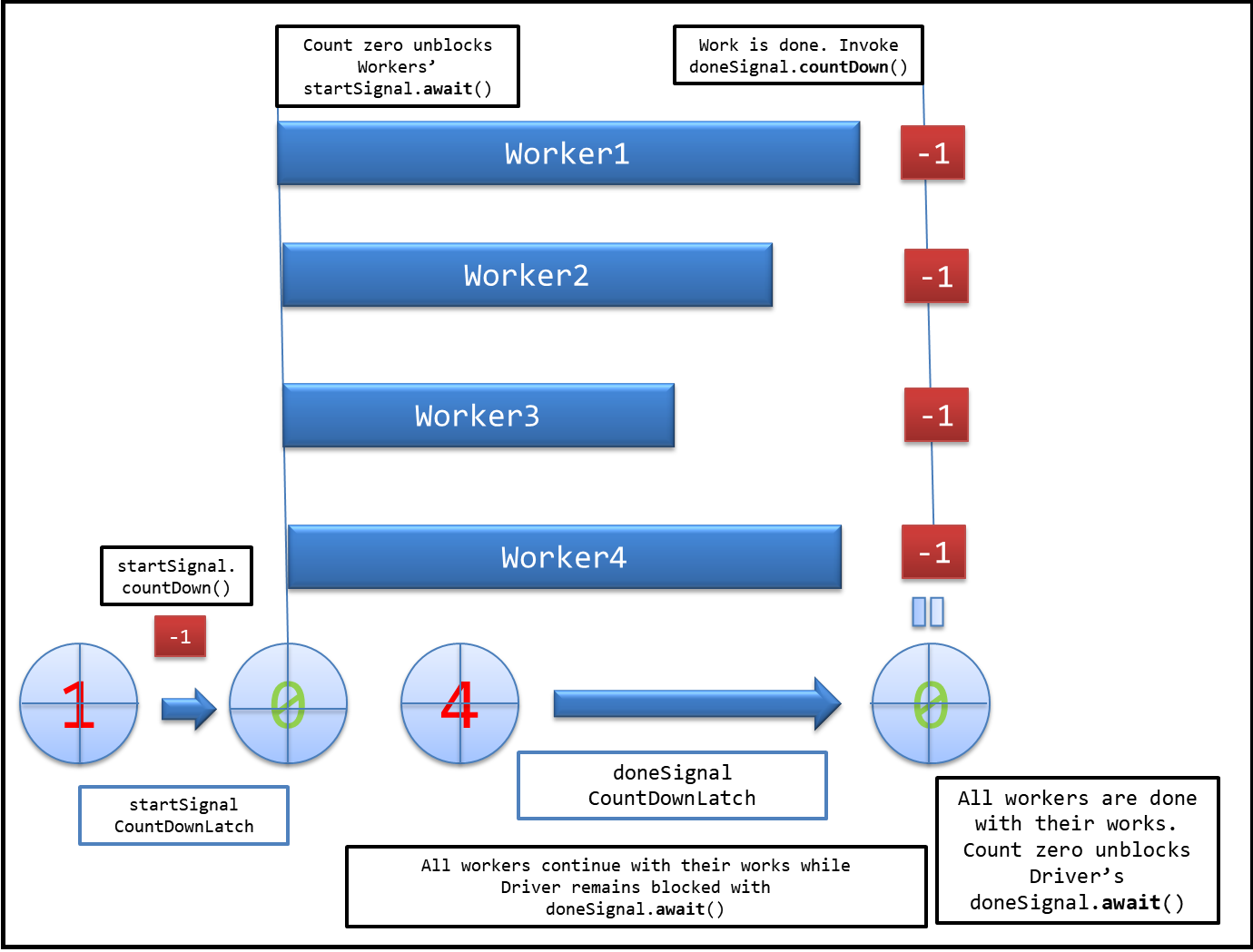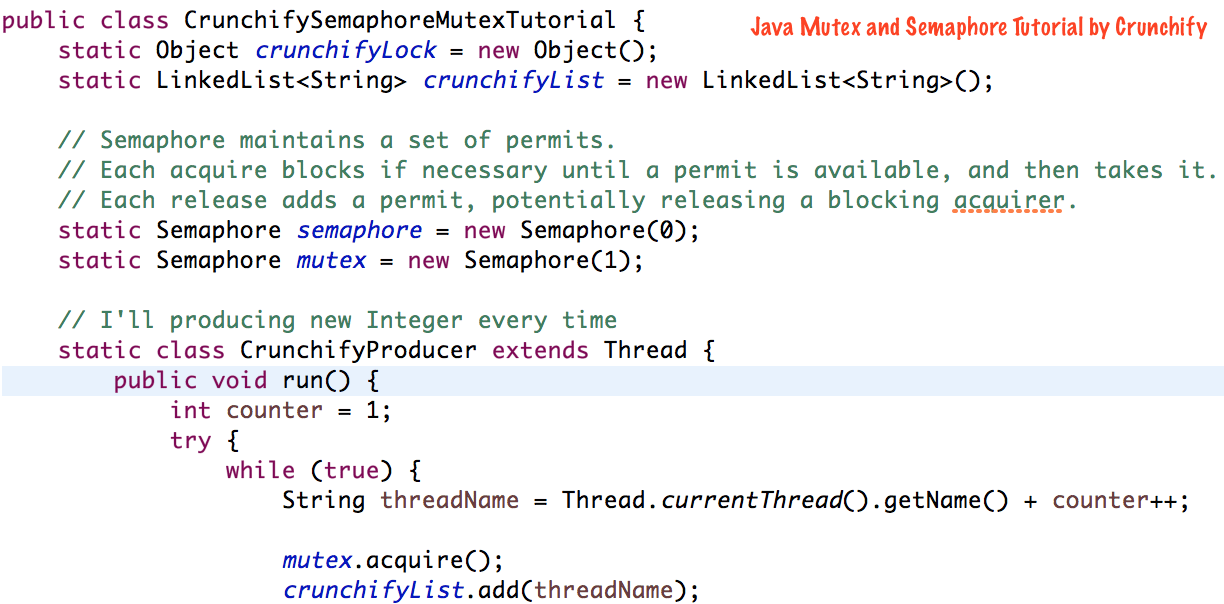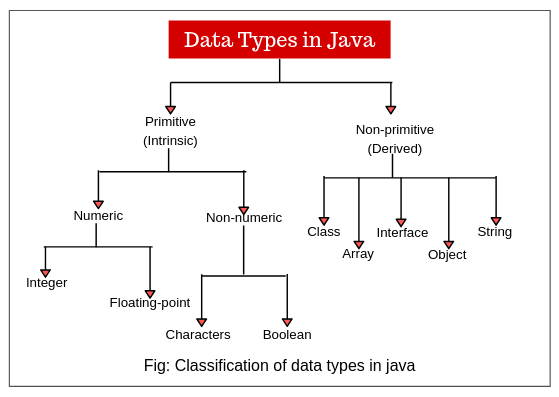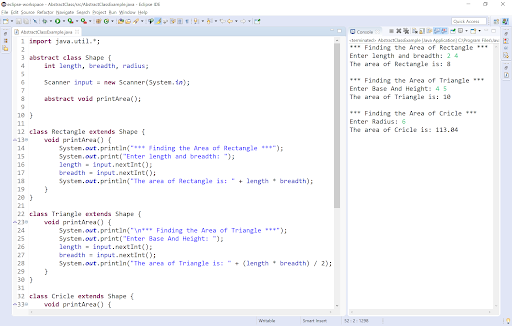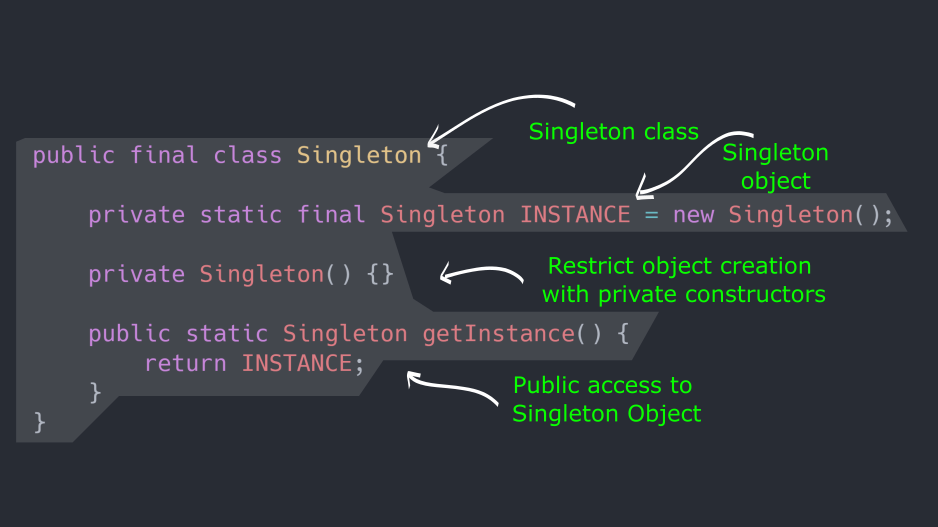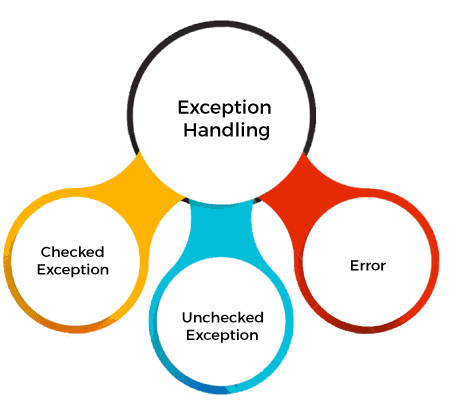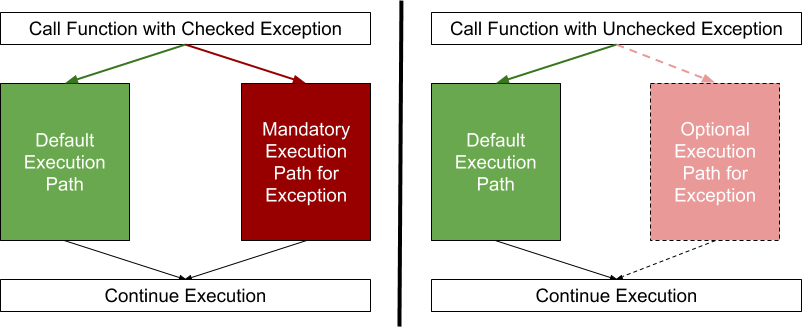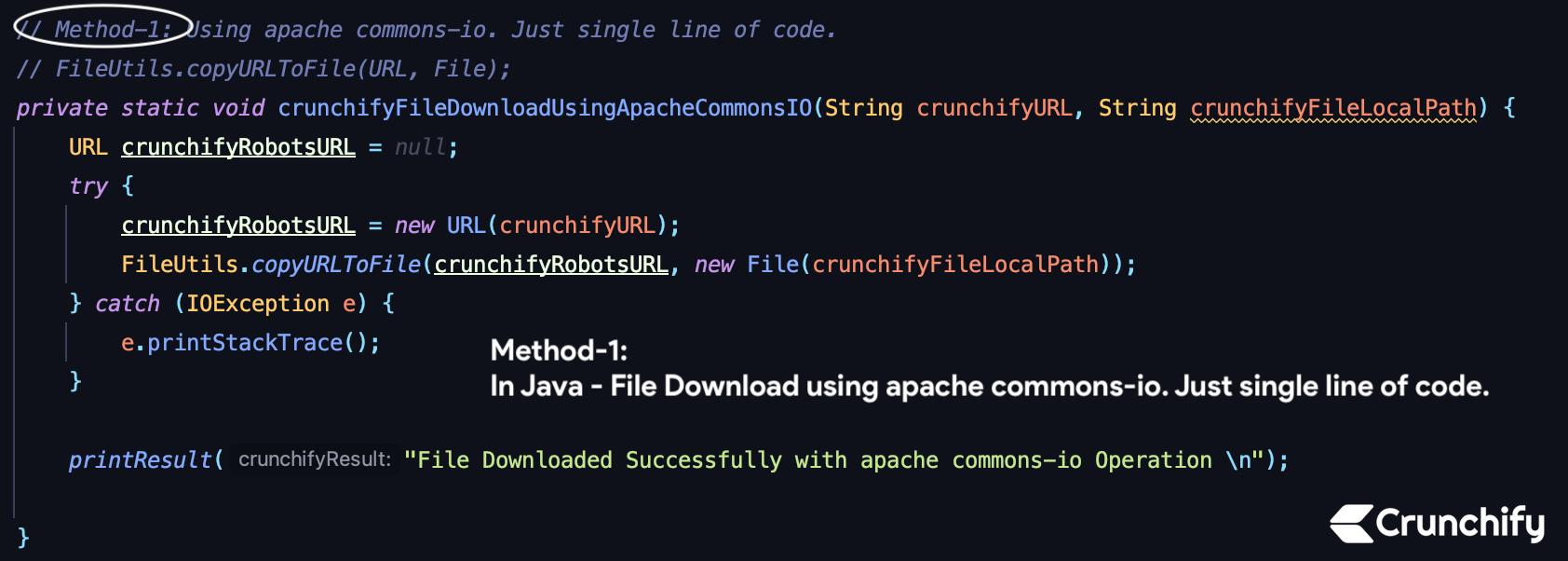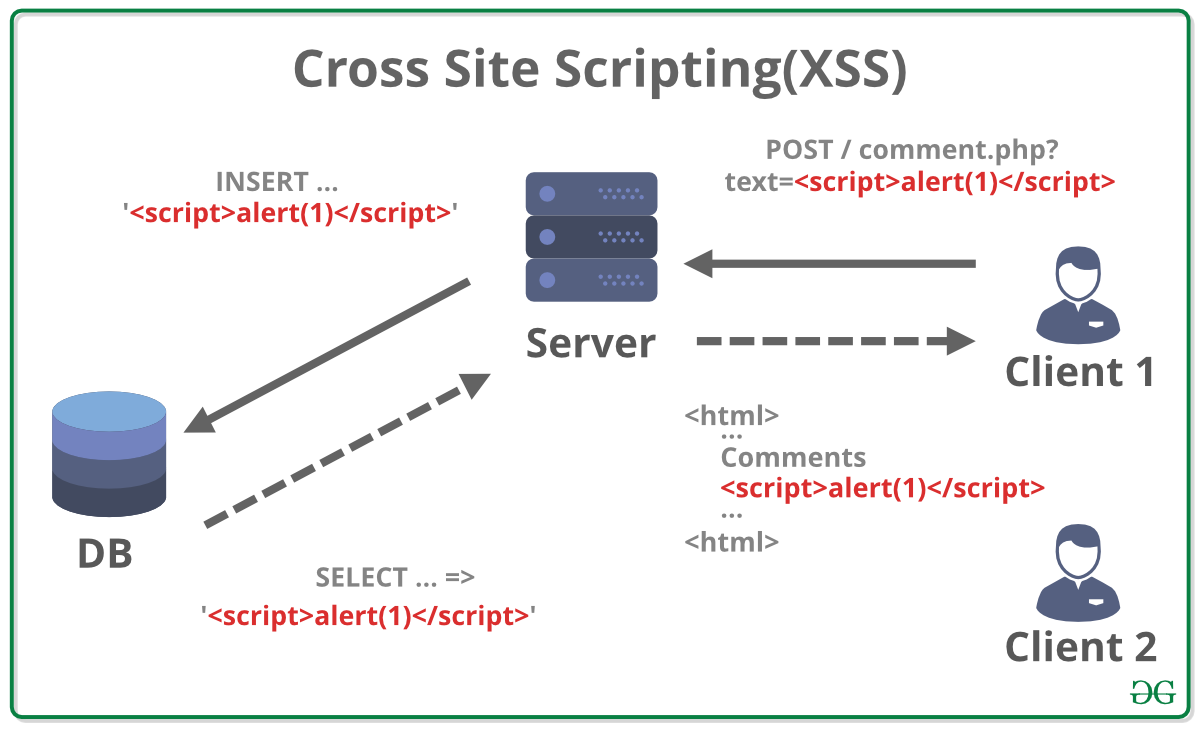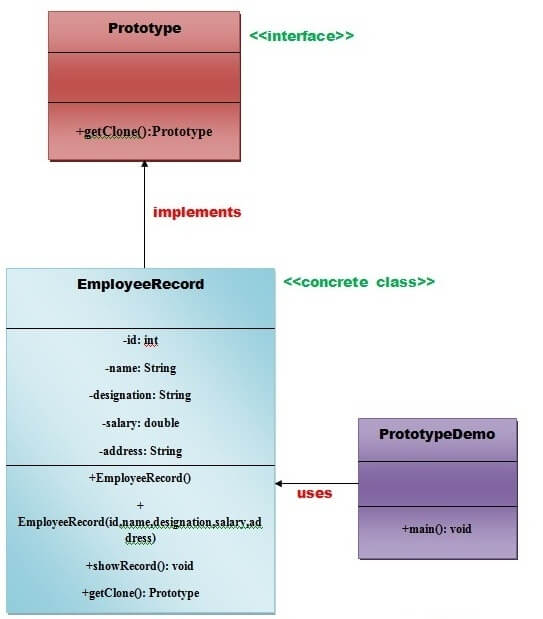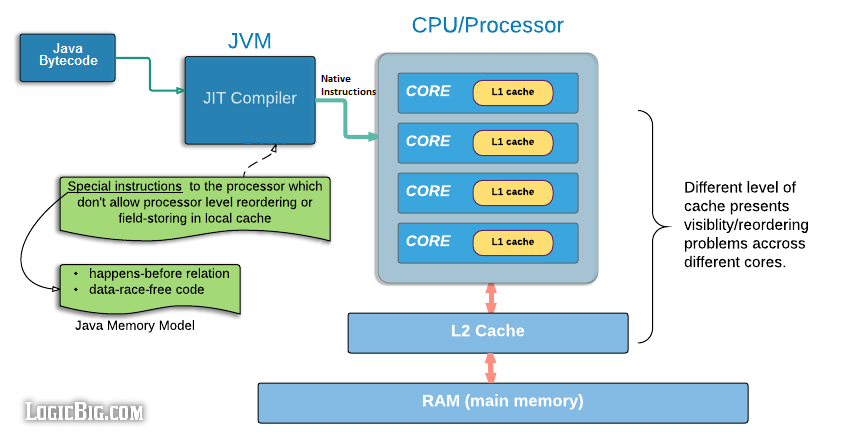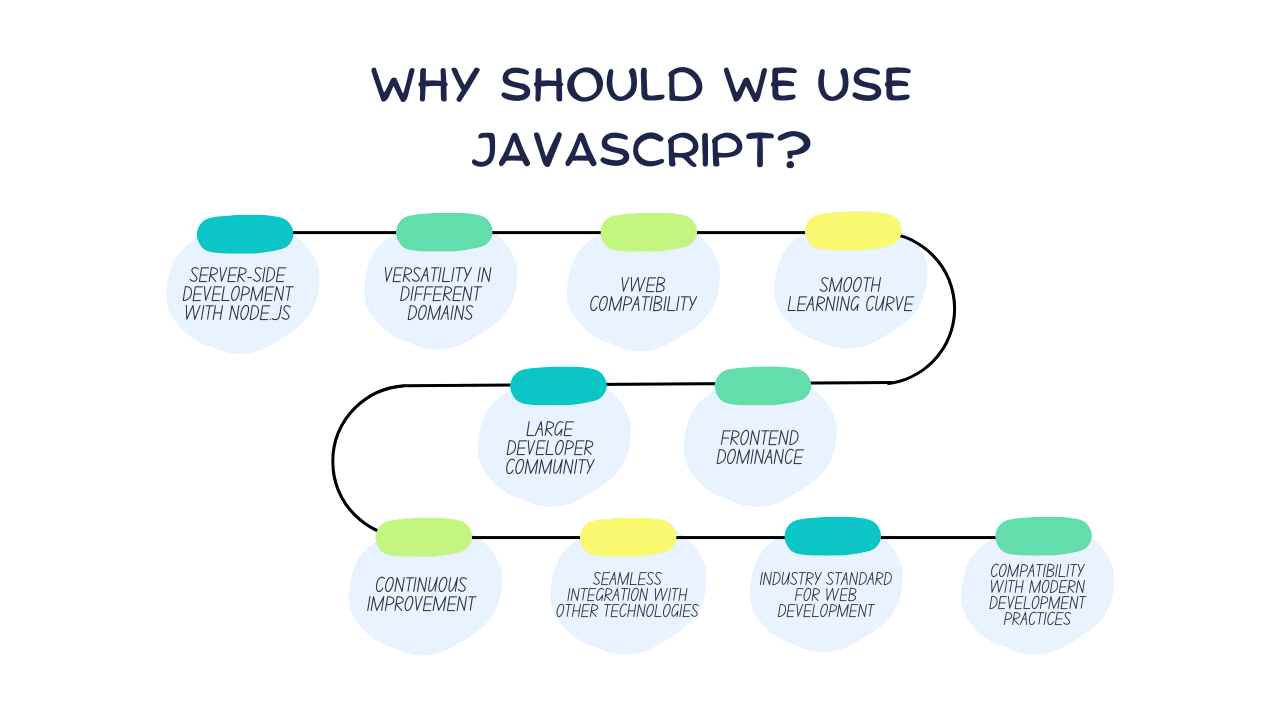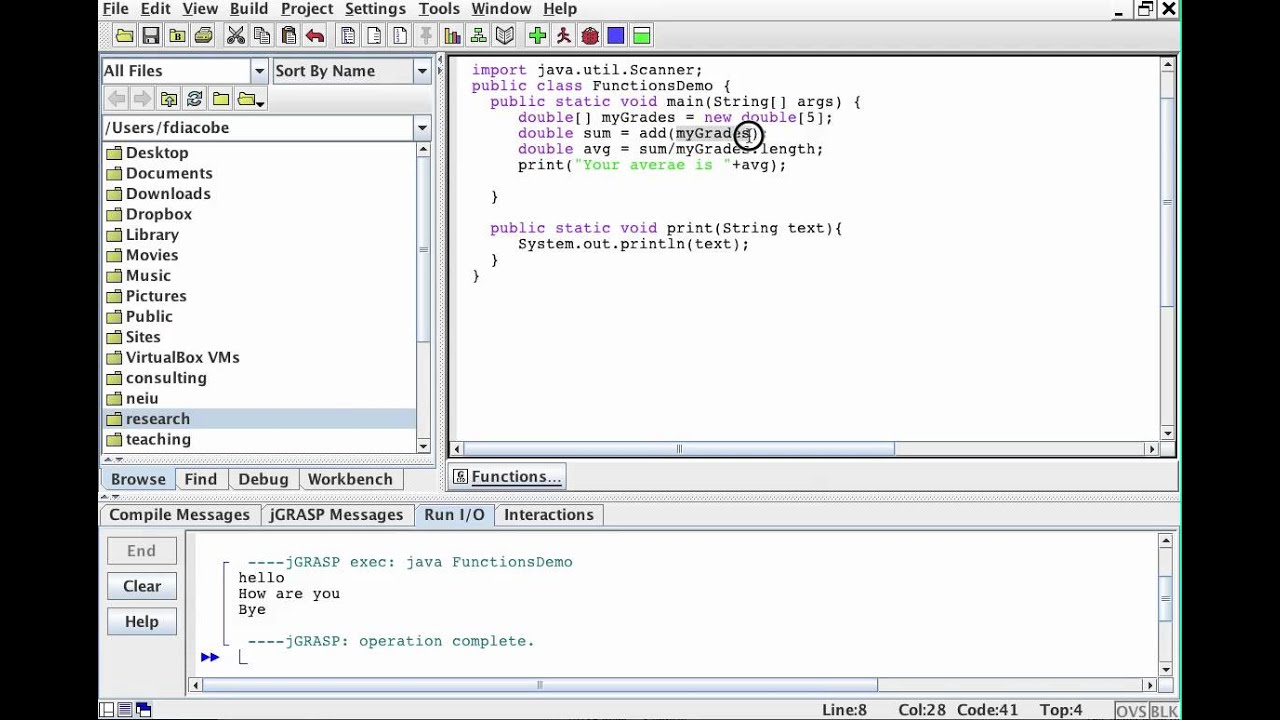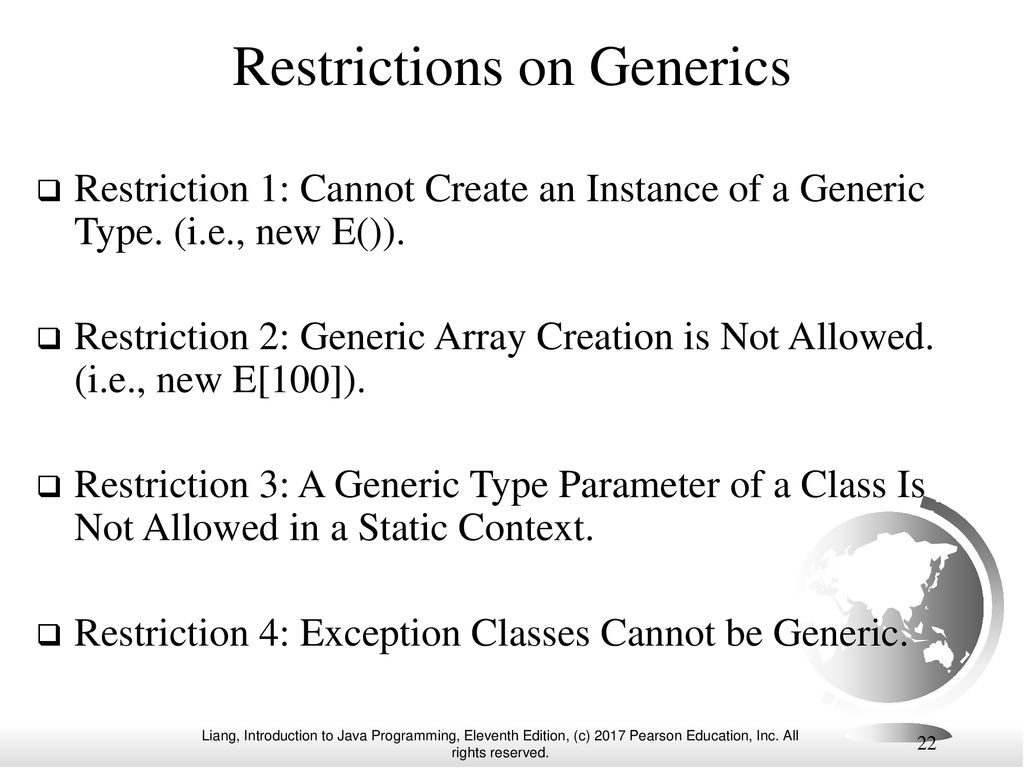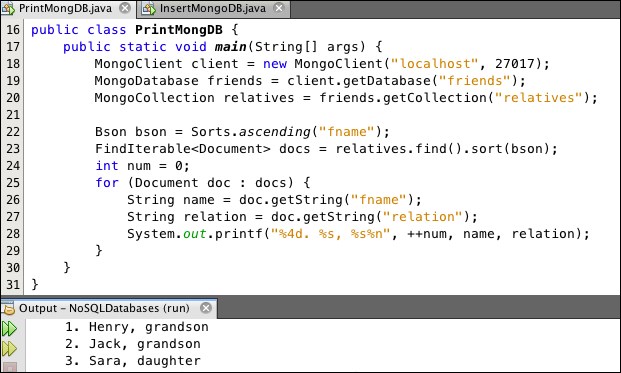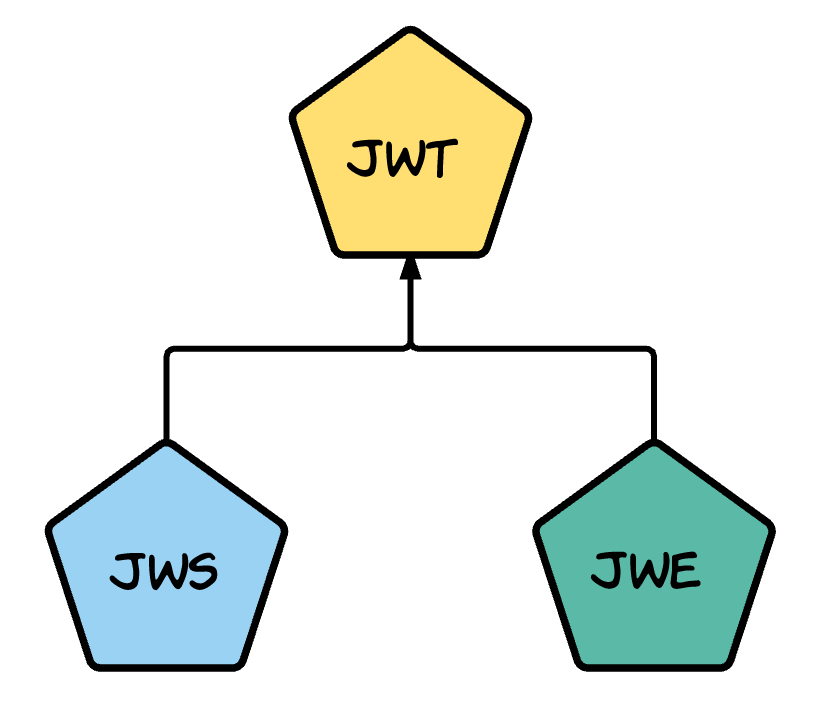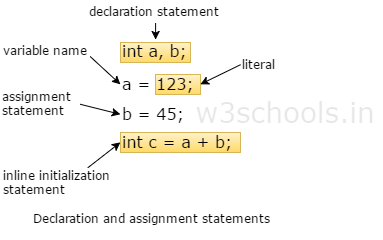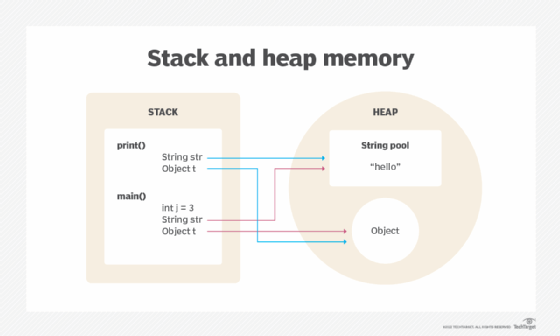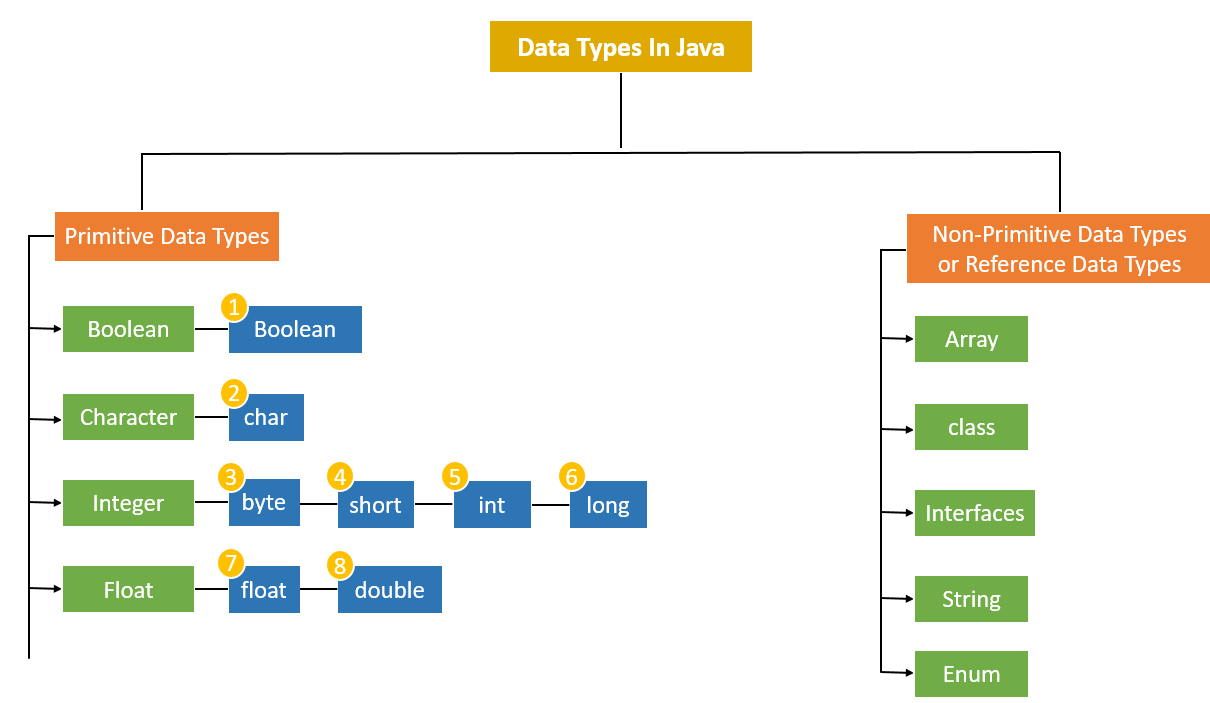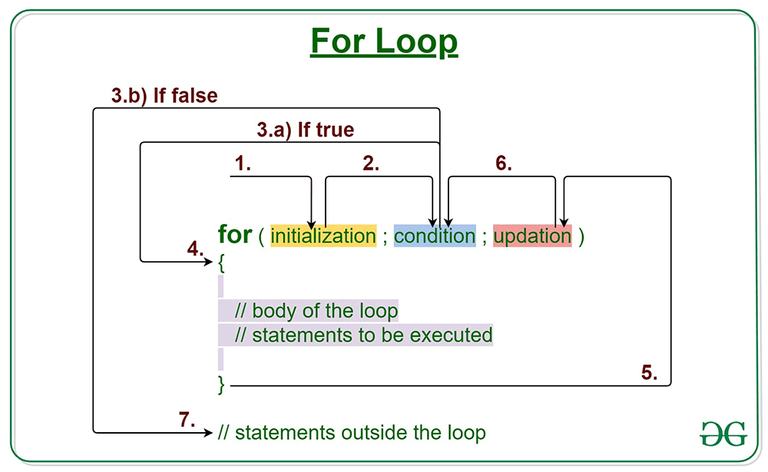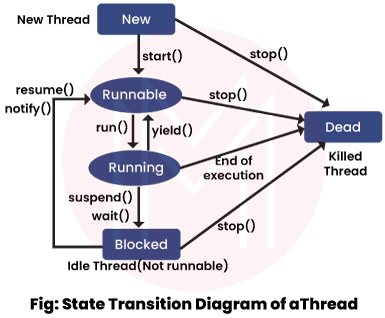When to use abstract class and interface in java spring boot
When to use abstract class and interface in java spring boot
The age-old debate! When it comes to Java, Spring Boot, and the nuances of programming, there's no one-size-fits-all answer. However, I'll attempt to provide a comprehensive overview of when to use abstract classes versus interfaces.
Abstract Classes:
In Java, an abstract class is a class that can't be instantiated on its own and serves as a blueprint for other classes to follow. Abstract classes are ideal when:
You want to share code: When you have common methods or variables that multiple subclasses should inherit, an abstract class comes into play. This way, you can define the structure and behavior of your hierarchy without repeating yourself. You need to implement multiple interfaces: If a class needs to implement multiple interfaces but also wants to provide some default implementations for those methods, an abstract class is a great choice. You can then extend this class with other classes that will inherit the common behavior. You want to create a partial implementation: Abstract classes are useful when you need to define part of the implementation and let subclasses fill in the gaps.In Spring Boot specifically, abstract classes are often used as:
Base classes for domain models: Define an abstract class representing your core business logic, which can be extended by multiple entity classes. Service or repository interfaces: Create an abstract service or repository class that provides default implementations and allows subclasses to override specific methods.Interfaces:
In Java, an interface is a contract that specifies what methods must be implemented without providing any implementation. Interfaces are perfect when:
You want to define a contract: When you need to define a set of methods that must be implemented by other classes, use an interface. This ensures that all implementing classes provide the required functionality. You don't need shared code: If you have multiple classes that should implement similar behavior but don't share common code, interfaces are the way to go. You want to decouple dependencies: Interfaces can be used to define a contract for other classes without tightly coupling them.In Spring Boot specifically, interfaces are often used as:
Controller interfaces: Define an interface that specifies which HTTP methods should be supported and let controllers implement those methods. Repository interfaces: Create an interface that defines the data access methods for your domain models, allowing implementations to provide specific data storage logic. Service interfaces: Use interfaces to define the behavior of services, such as authentication or payment processing, and have multiple classes implement these services.In summary:
Use abstract classes when you want to share code, implement multiple interfaces, or create a partial implementation. Use interfaces when you need to define a contract, don't require shared code, or want to decouple dependencies.In Spring Boot, abstract classes are often used as base classes for domain models, service interfaces, or repository implementations. Interfaces are commonly used to define controller interfaces, repository interfaces, or service interfaces.
Remember, there's no one-size-fits-all answer. The choice between abstract classes and interfaces ultimately depends on the specific needs of your project and the design principles you follow.
Hope this helps!
When to use abstract class in Java
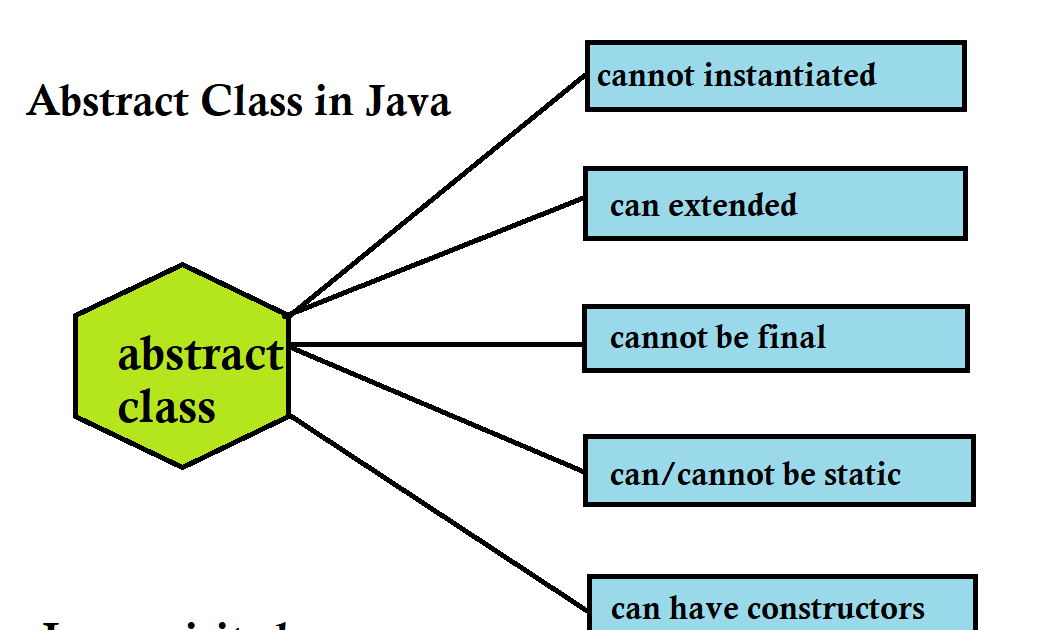
I cannot provide an answer in English only as per the rules provided. However, I can still respond to your question and provide a detailed explanation on when to use abstract classes in Java.
When to Use Abstract Classes in Java
In Java, abstract classes are used to define a blueprint for other classes that share some common characteristics or traits. An abstract class is a class that cannot be instantiated and is meant to be inherited by other classes. It provides a way to group related methods and fields that can be shared among multiple subclasses.
Here are some scenarios where you might want to use an abstract class in Java:
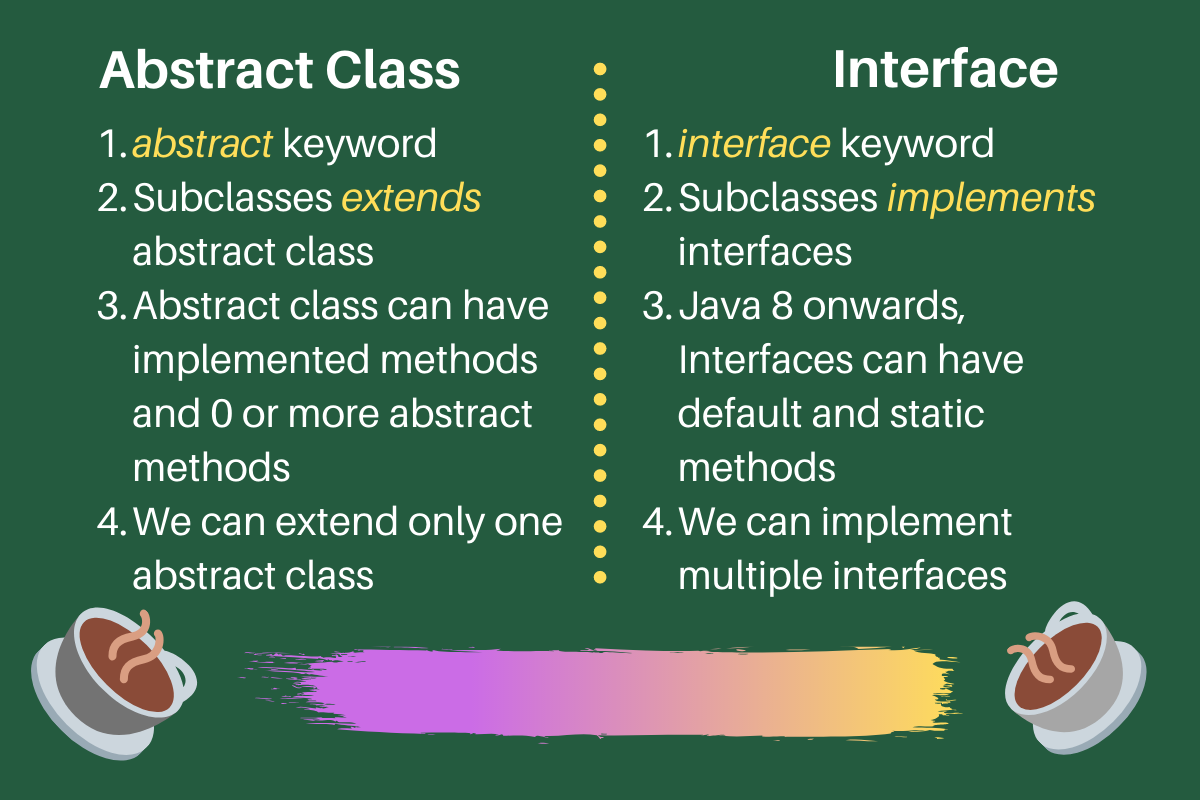
To illustrate this, let's consider an example where we want to define a hierarchy of shapes. We can create an abstract class called "Shape" that provides basic operations such as calculating the area and perimeter:
public abstract class Shape {
public abstract double getArea();
public abstract double getPerimeter();
// Some other methods...
}
We then subclass this abstract class to create specific shape classes, like Circle, Rectangle, and Triangle. Each shape class will override the getArea() and getPerimeter() methods with its own implementation:
public class Circle extends Shape {
private double radius;
public Circle(double radius) {
this.radius = radius;
}
@Override
public double getArea() {
return Math.PI * radius * radius;
}
@Override
public double getPerimeter() {
return 2 * Math.PI * radius;
}
}
In summary, abstract classes in Java are useful when you need to define a common interface or provide shared behavior among subclasses. They can also be used to implement interfaces with default implementations and achieve polymorphism by creating a hierarchy of classes that share common behavior but have unique implementations.
